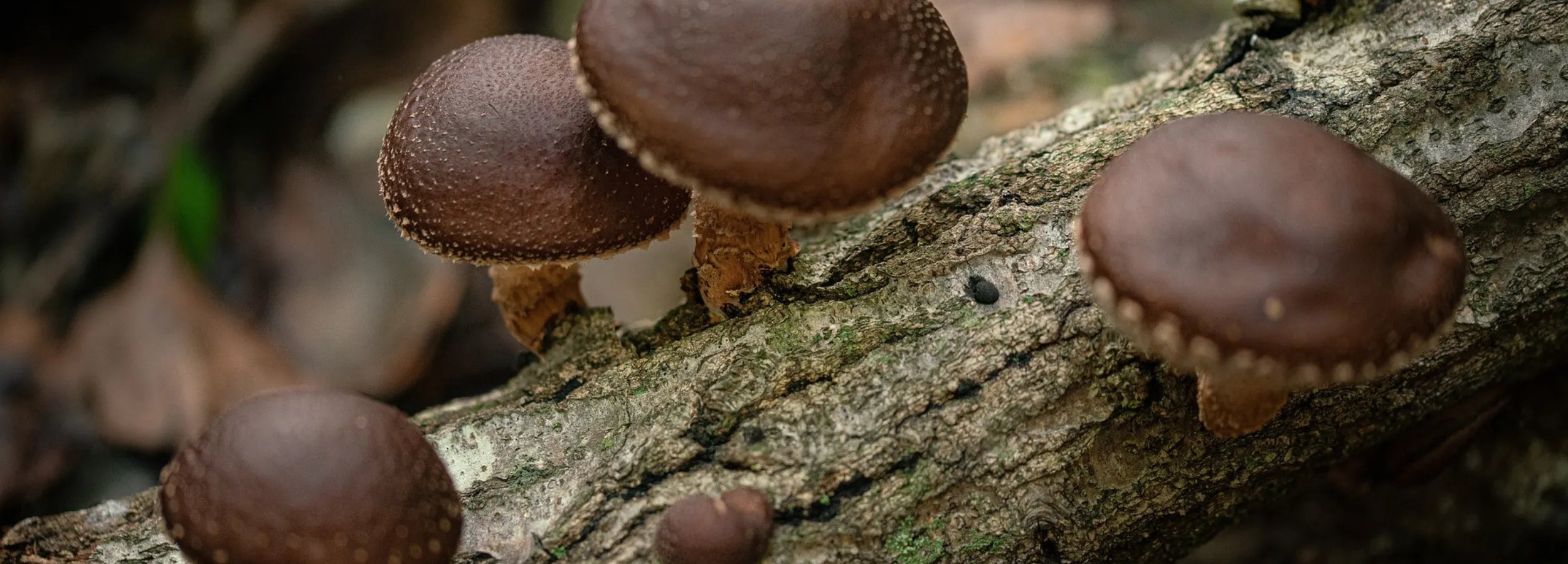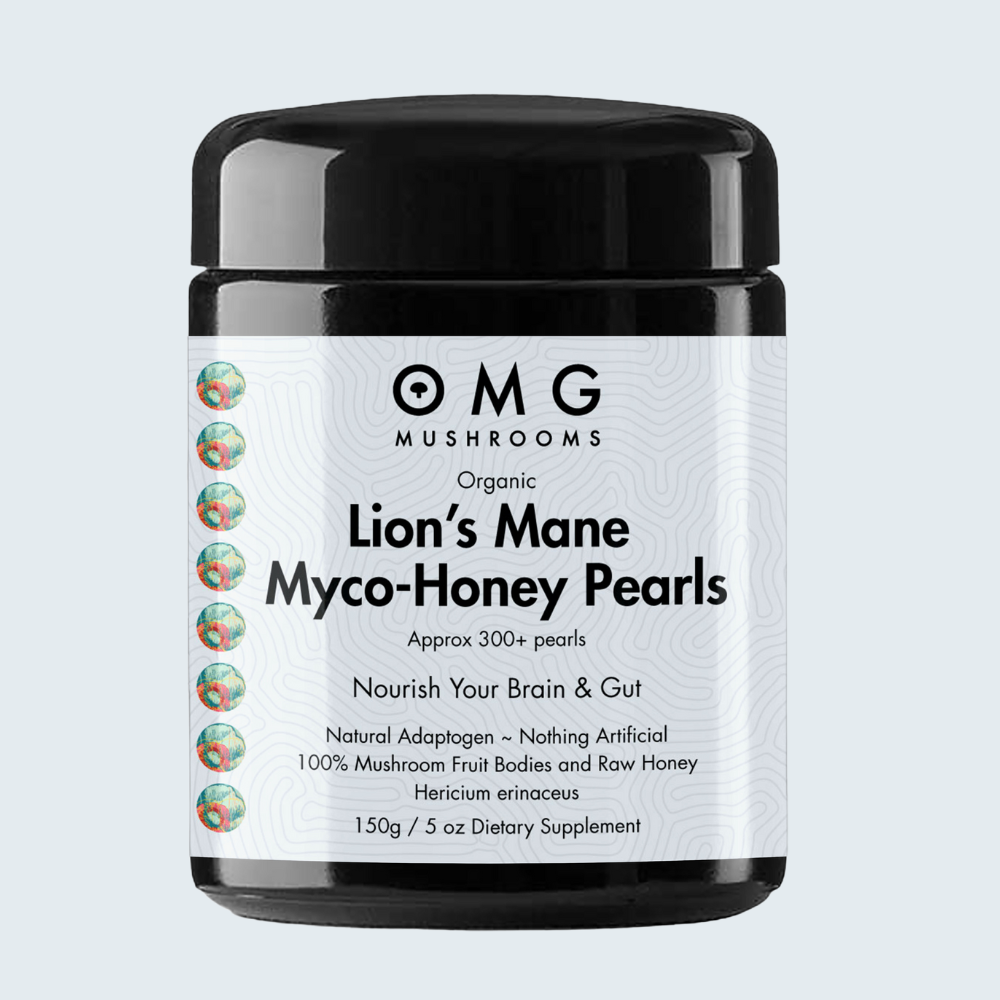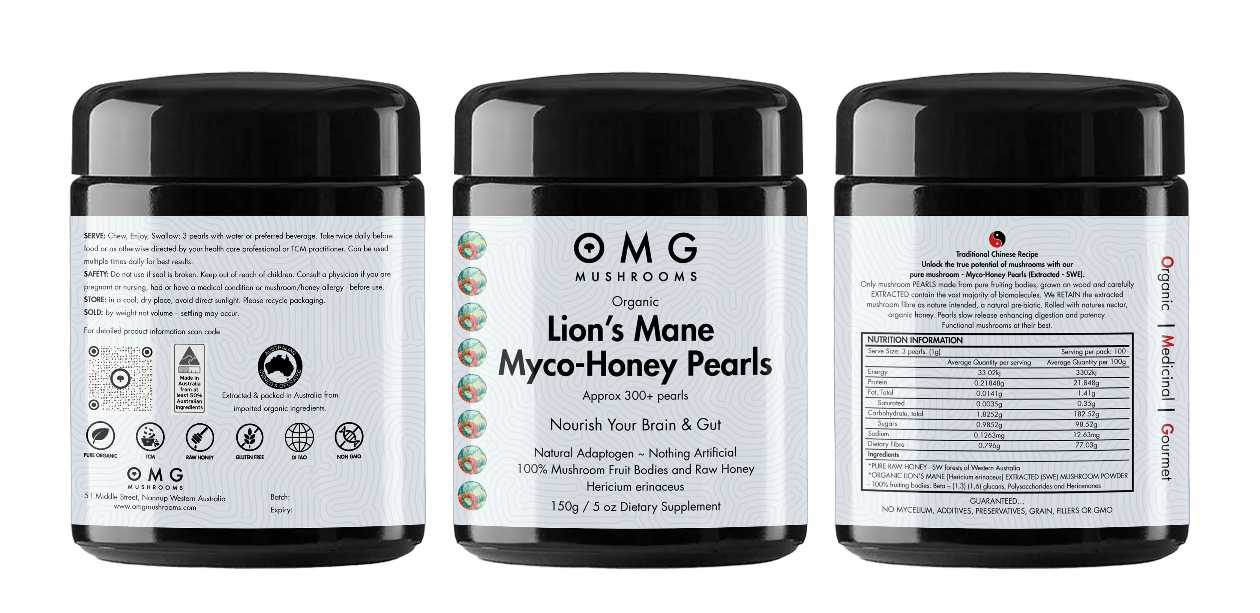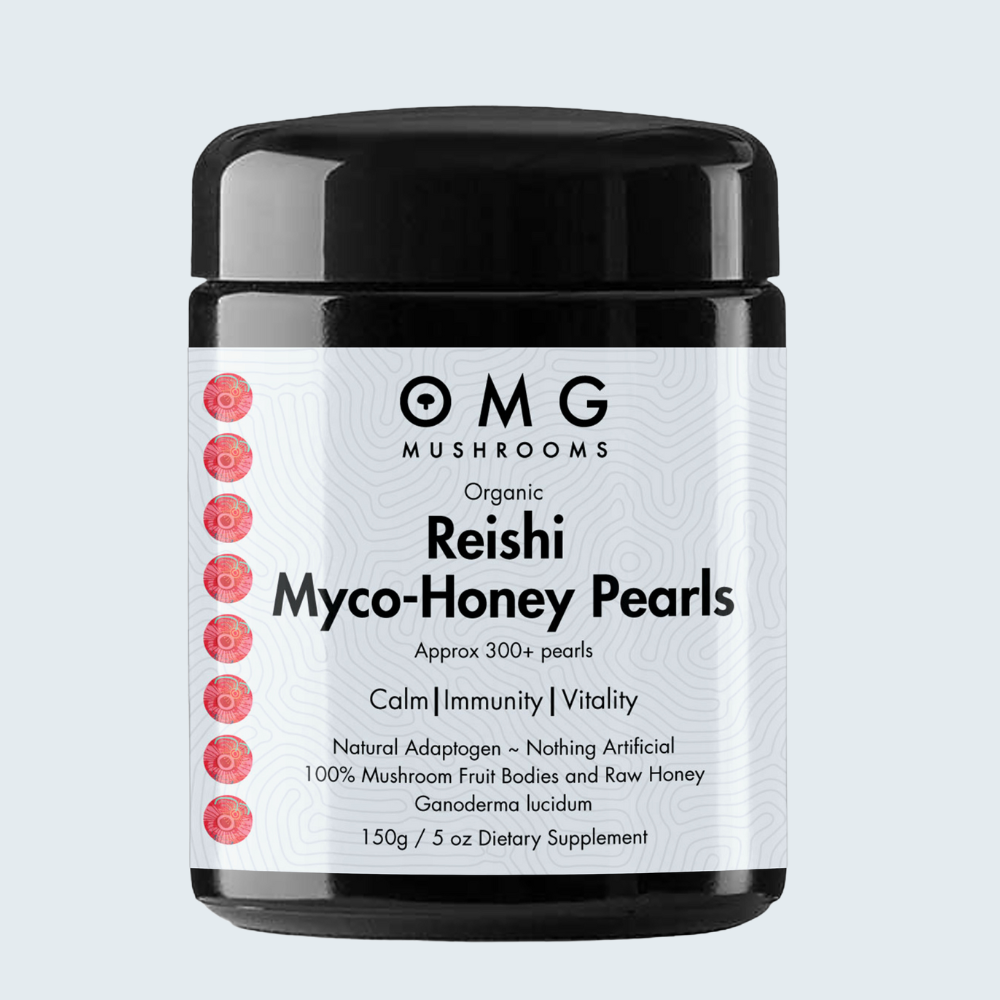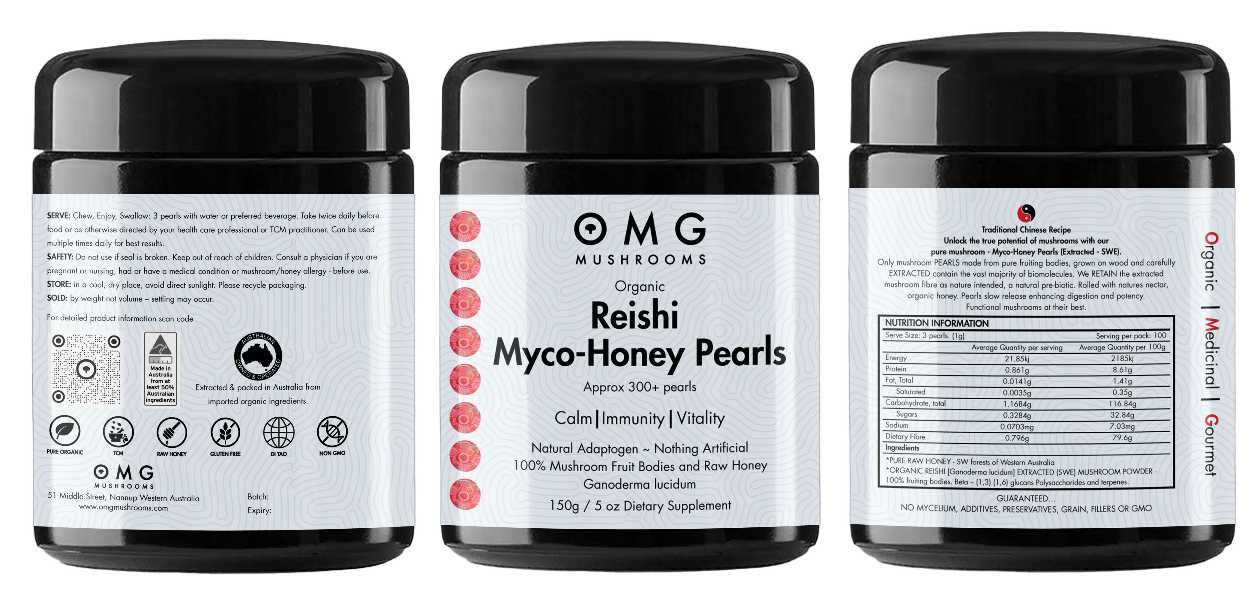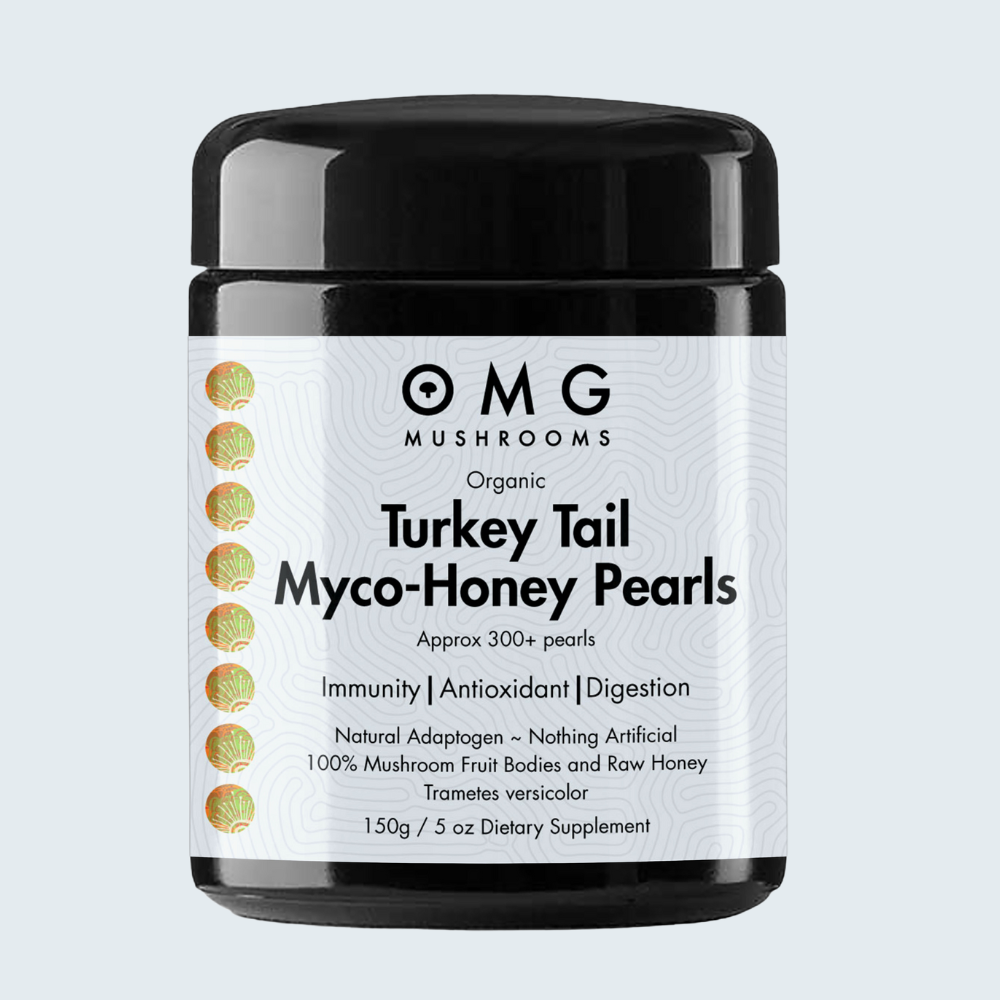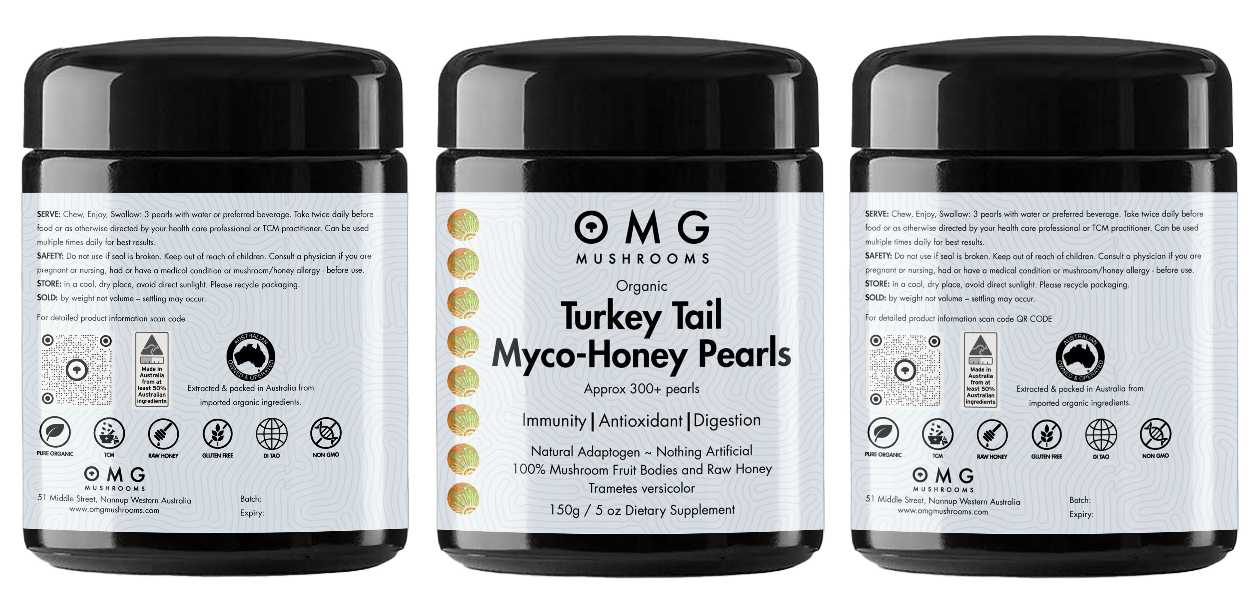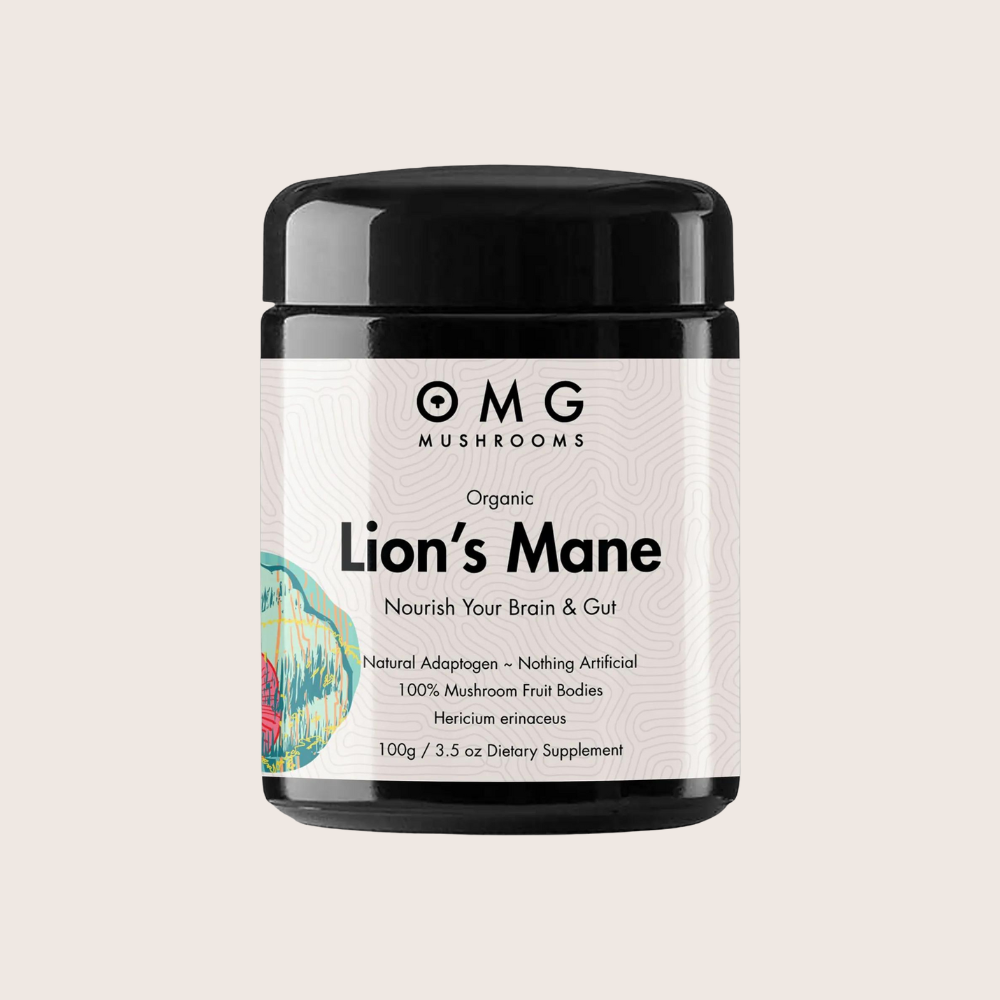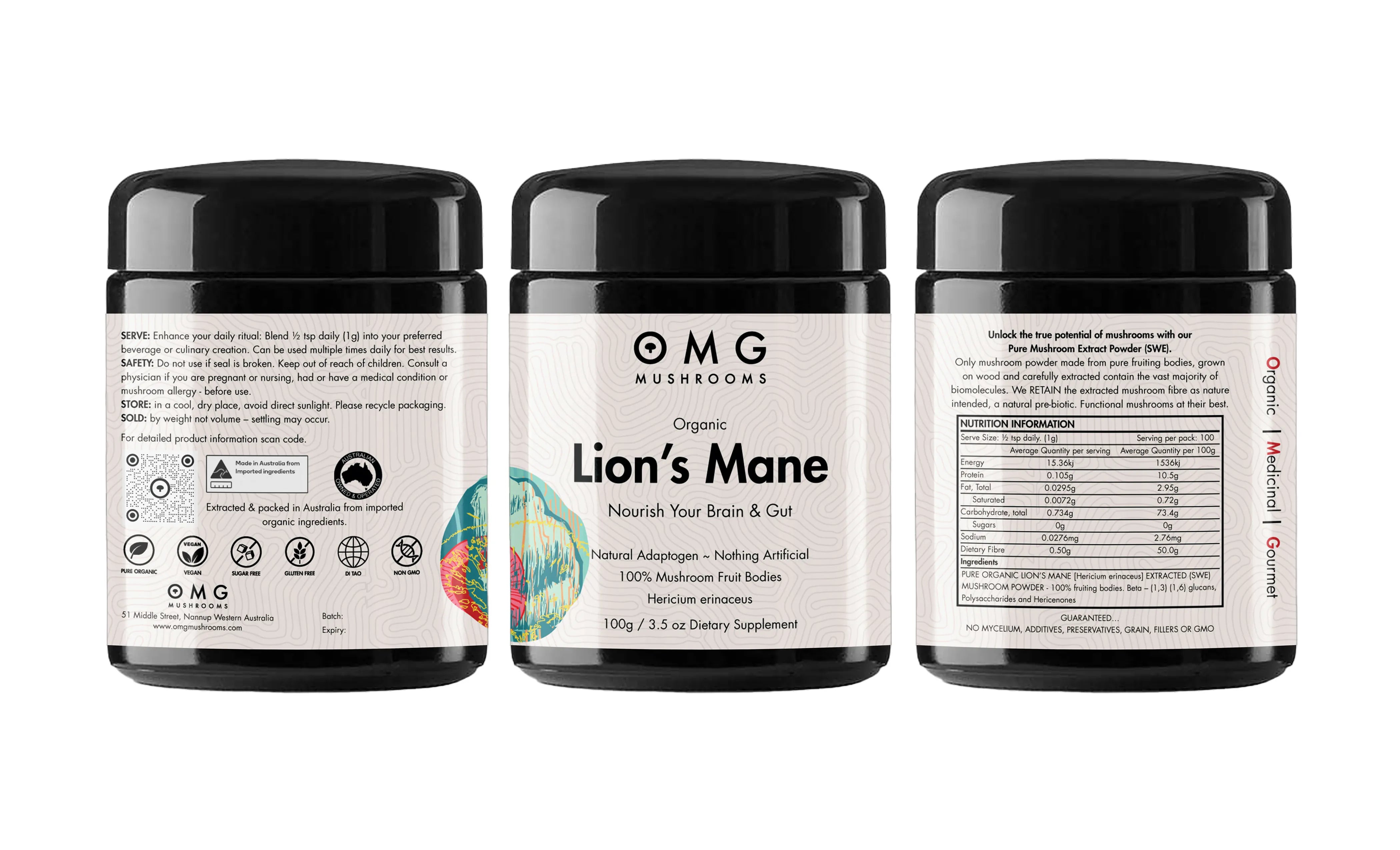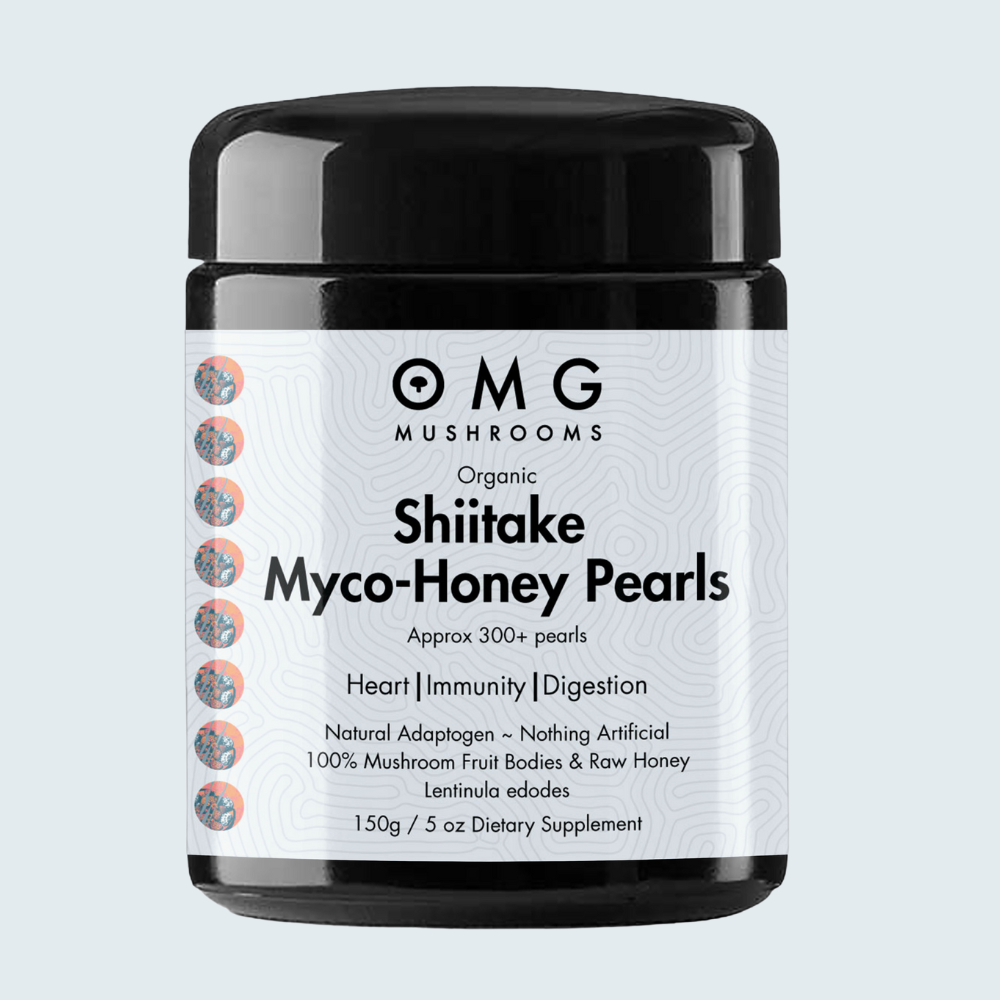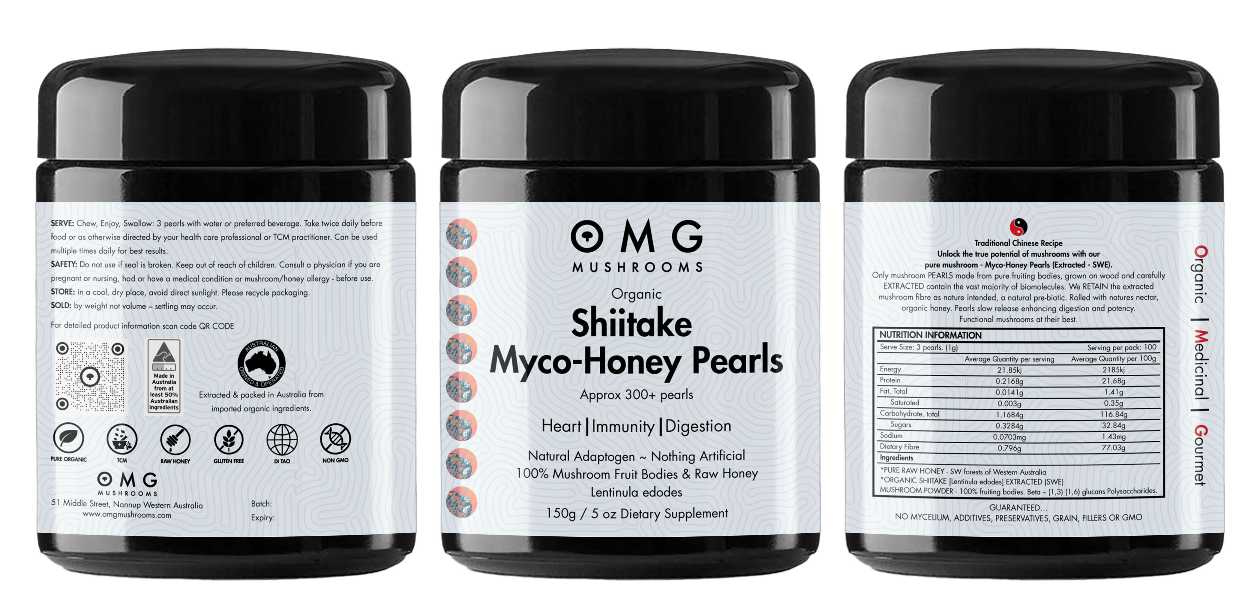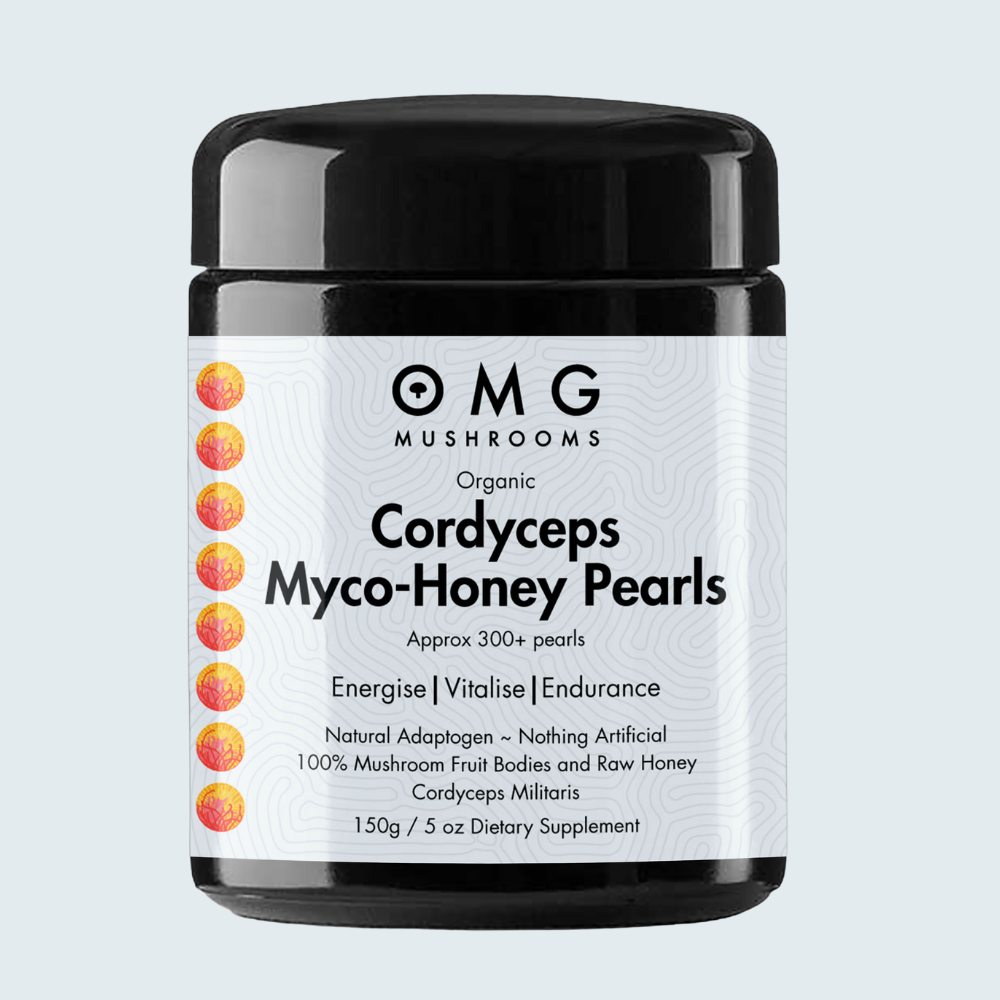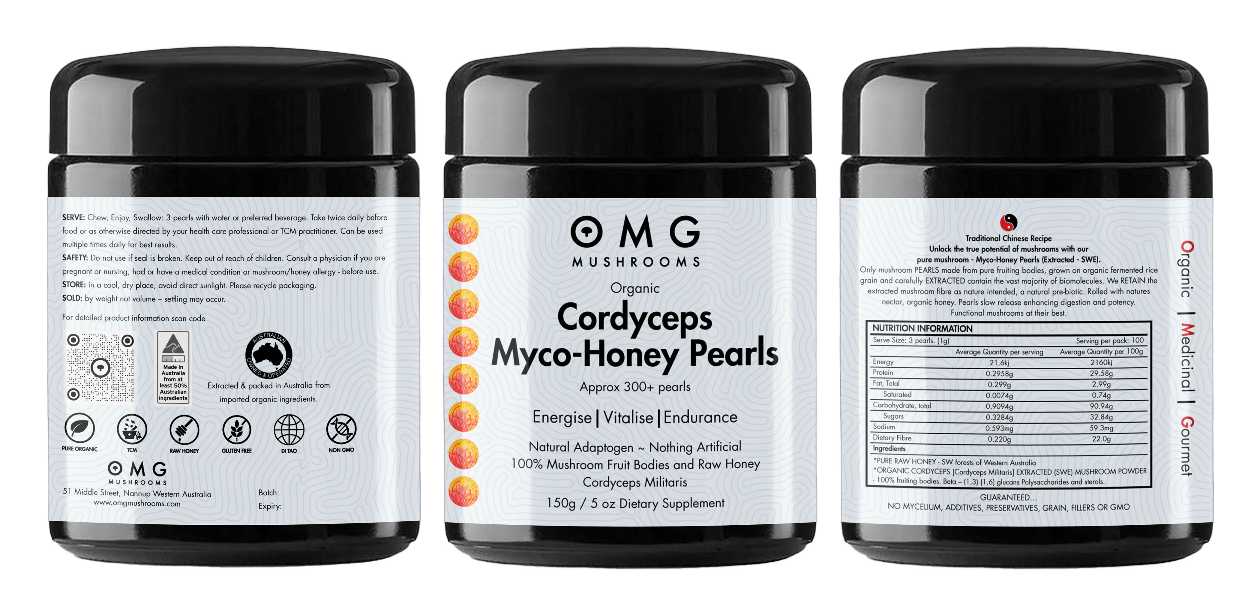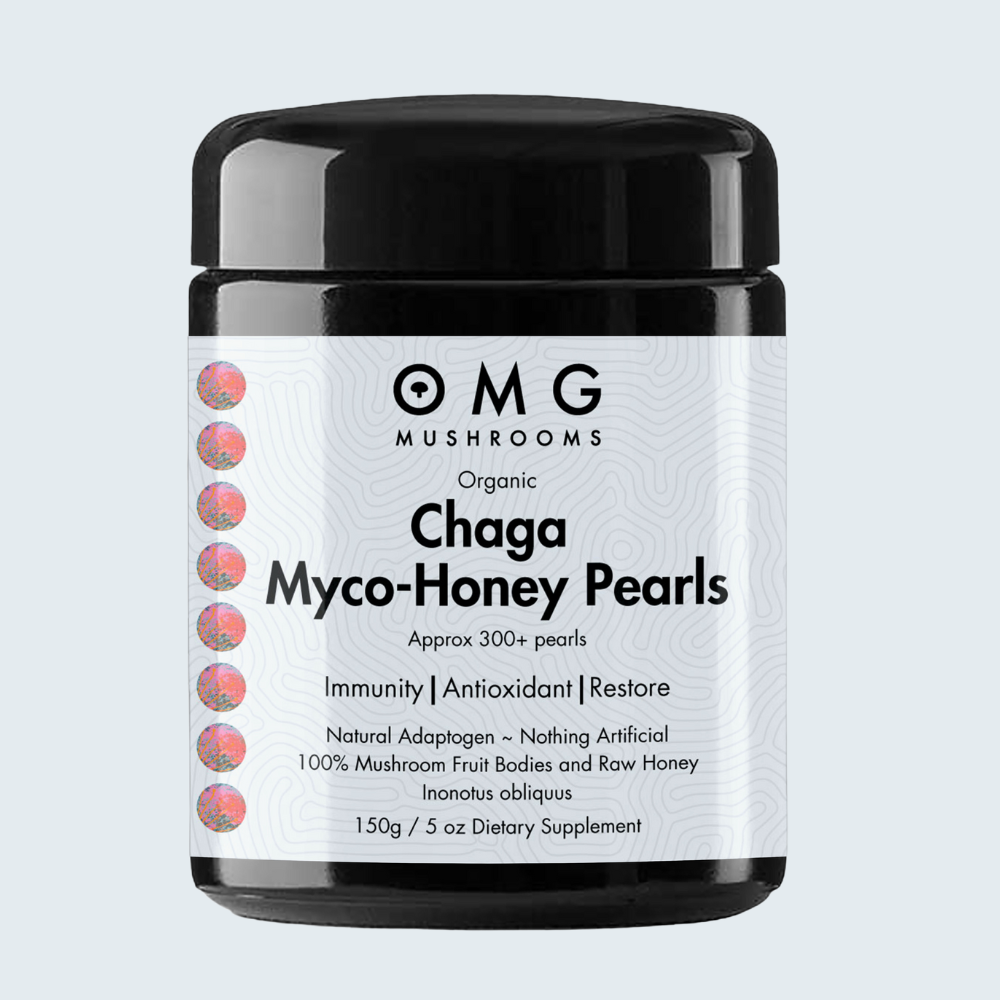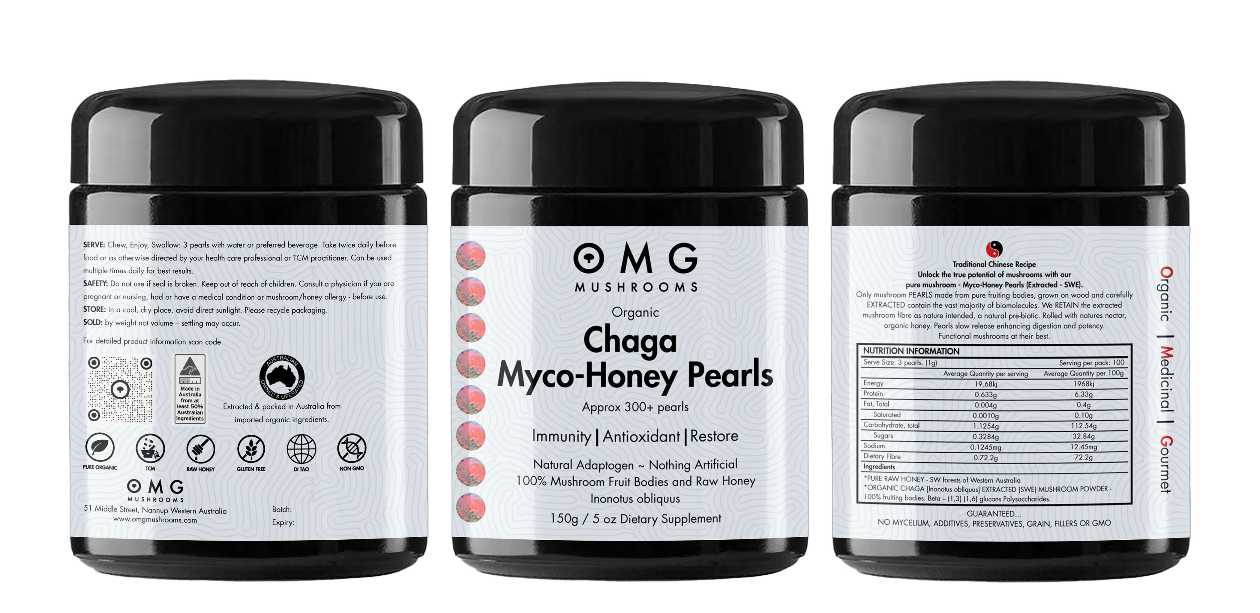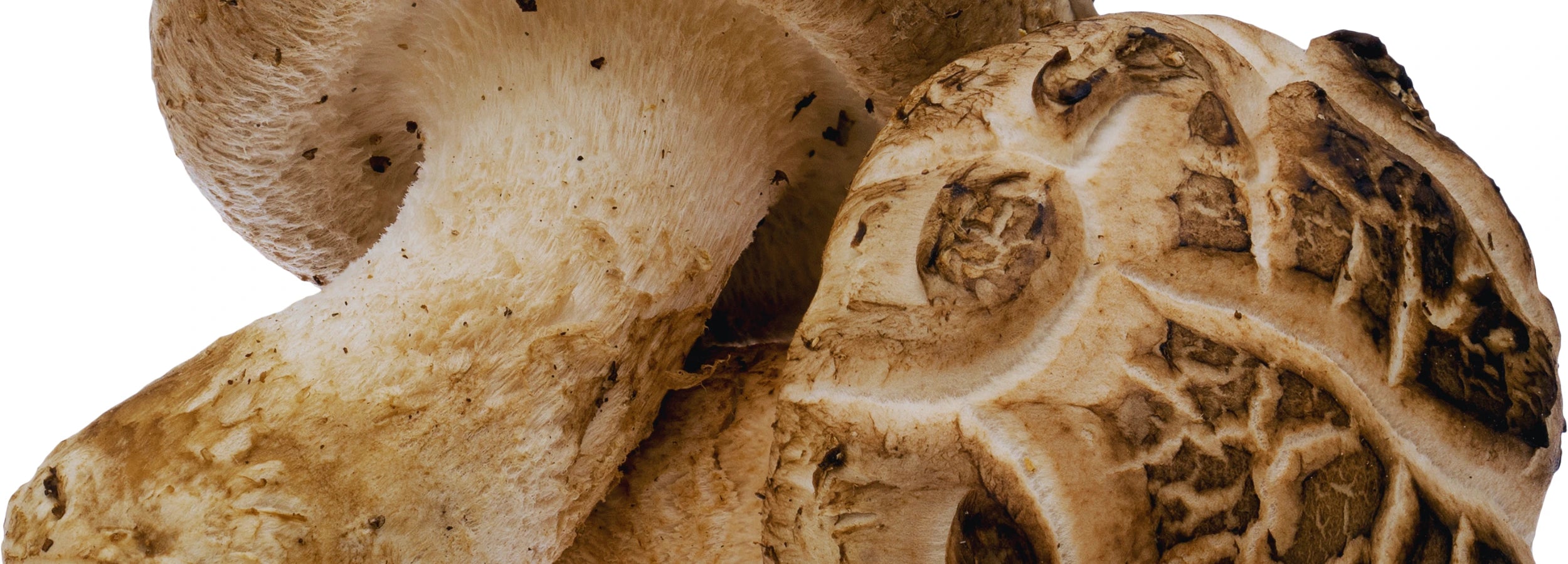Shiitake – The Elixir of Life
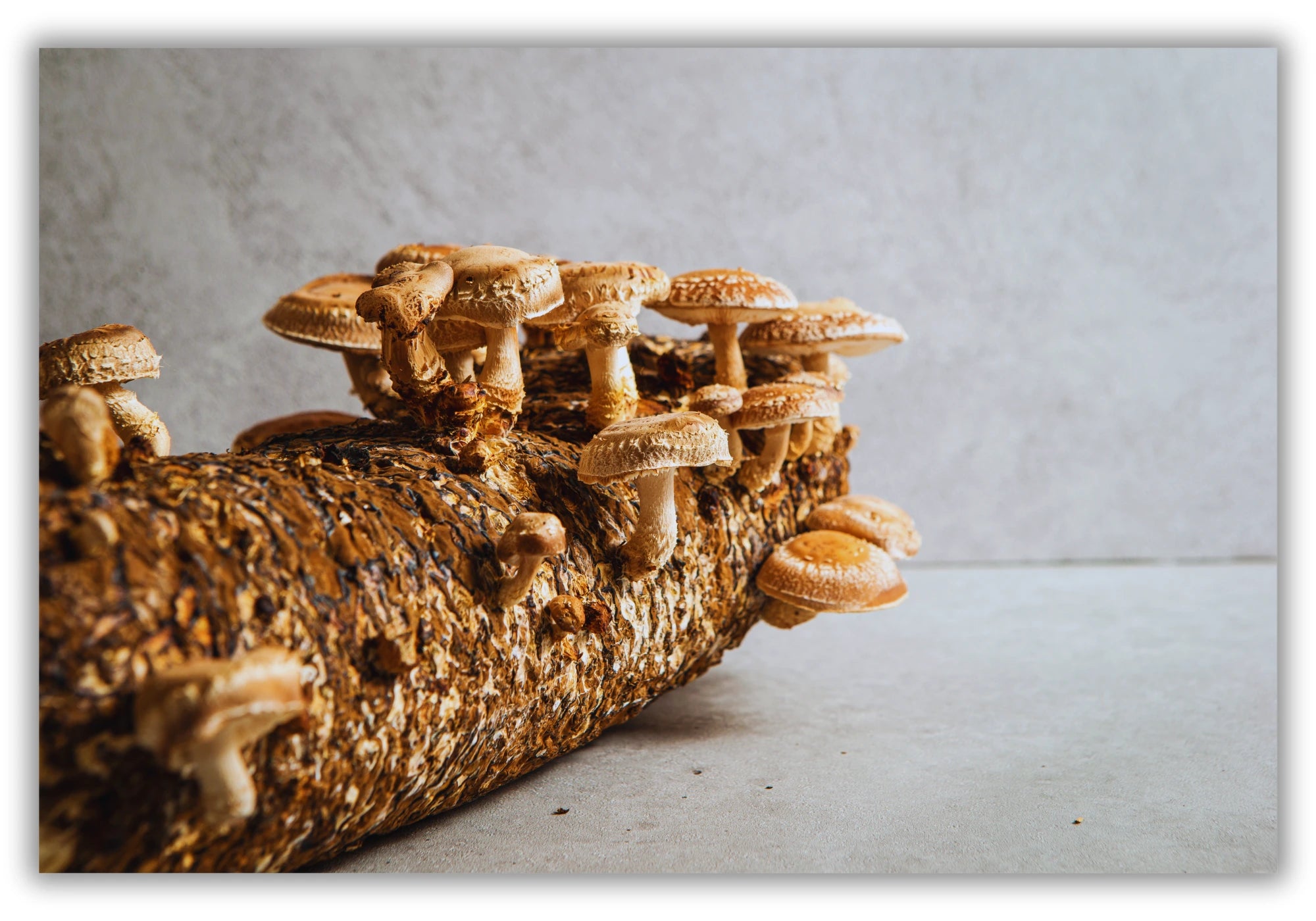
THE ‘FOREST FUNGUS’
Mycotherapies recognise the remarkable qualities of the medicinal mushroom Lentinula edodes, more commonly known as Shiitake. Comprehensive studies highlight its nutritional richness, boasting a substantial protein content while being low in fat and offering essential amino acids. This mushroom has earned recognition not only in traditional medicine but also through rigorous scientific scrutiny. Numerous publications and research institutions worldwide, including the New York Academy of Science and various universities, have explored its compounds and actions.
Shiitake's relevance extends to diverse areas of interest, particularly within the metabolic-endocrine system. Studies delve into its potential impacts on blood pressure, cholesterol levels, and addressing concerns related to overweight and obesity. Integrative support is another significant focus, showcasing promising research on shiitake's synergies with conventional treatments and its positive effects on overall quality of life. Furthermore, ongoing investigations consider its role as an adjuvant due to the presence of polysaccharides, including the notable beta-glucan lentinan.
This edible mushroom, highly esteemed in China and Japan, holds therapeutic significance deeply rooted in Eastern cultures. Beyond its essential amino acids, Shiitake stands out for its rich content of iron, calcium, zinc, B vitamins, vitamin E, provitamin D, and polyunsaturated fatty acids. Notably, its polysaccharides, especially lentinan, have garnered attention for their potential health benefits, with applications in cancer treatment since the 1980s in Japan.
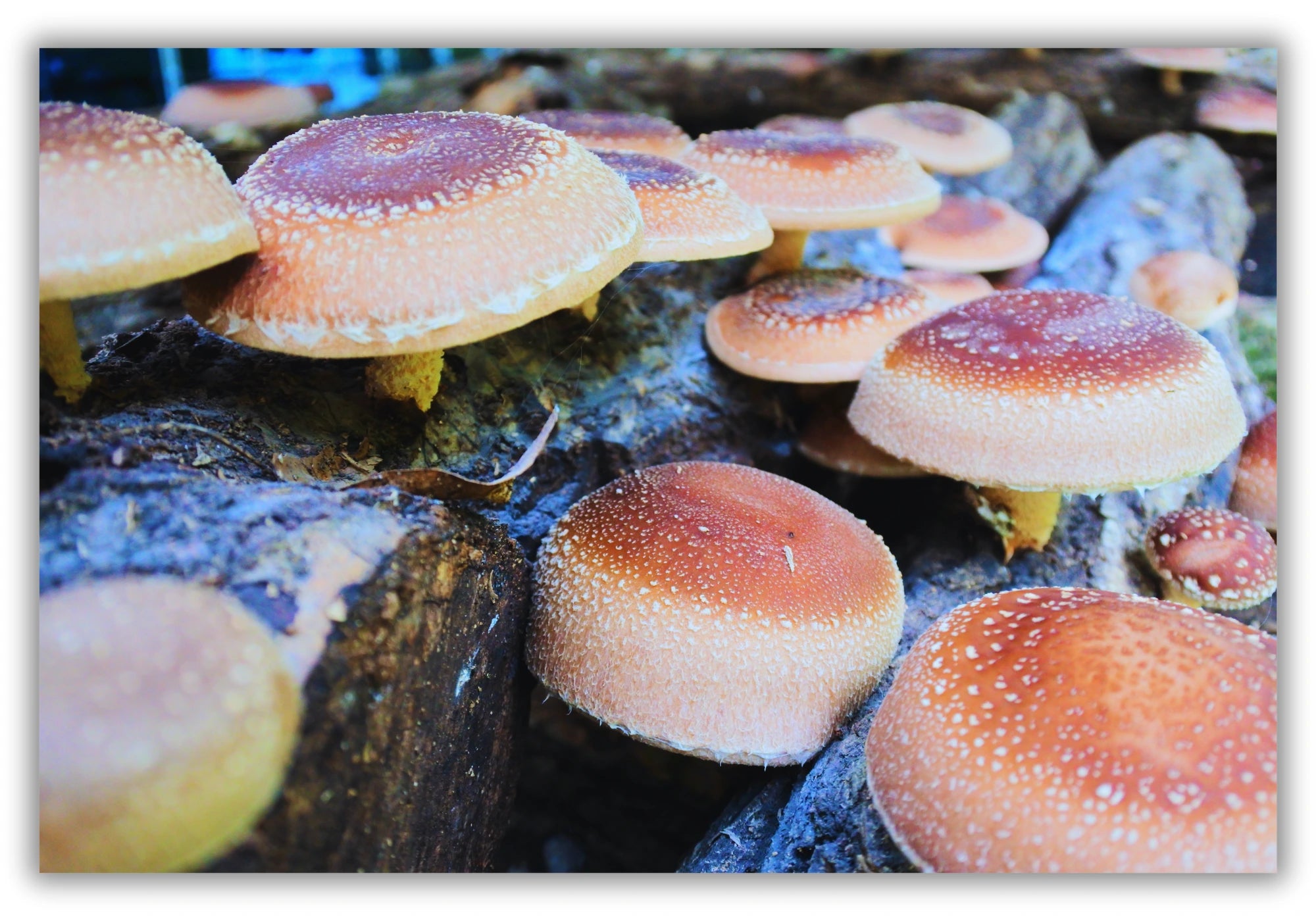
THERAPEUTIC PROPERTIES, OF SHIITAKE
Shiitake mushrooms have been extensively studied for their profound impact on various aspects of health, particularly in cardiovascular health, antitumor effects, and immune system support. In the realm of cardiovascular well-being, Shiitake exhibits antithrombotic properties by inhibiting the formation of blood clots, providing cardioprotective benefits through improved vascular circulation and prevention of endothelial damage. Additionally, this mushroom has shown a hypotensive effect, contributing to its positive influence on blood pressure regulation.
Shiitake's immune-boosting capabilities are notable, enhancing phagocytes, Th lymphocytes, NK cells, complement C3, and the production of interleukin I and interferon. With antiviral properties, Lentinan, a component of Shiitake, has demonstrated efficacy against HIV, influenza, Herpes Simplex I and II, Polio, Measles, and Mumps. In the realm of the digestive system and liver, Shiitake displays hypolipidemic activity, lowering triglycerides through Eritadenine and choline. It also exhibits hypocholesterolemic effects, promoting the reduction of LDL in fecal excretion. The mushroom's hepatoprotective nature has been observed in cases of Hepatitis B and Liver Cancer, showcasing its potential in liver health. Furthermore, Shiitake's alkalizing effect proves effective against hyperuricemia and gout, while its antifungal action, attributed to cellulase and hemicellulase enzymes, makes it effective against Candida and supports the development of a healthy intestinal flora.
According to Traditional Chinese Medicine (TCM), Shiitake is recognised as a nourishing food that positively influences the 'Jing-Qi' or vital energy and fortifies the 'Xie-Qi' system responsible for resisting external pathogens.
SHIITAKE PRODUCTS
FUN FACTS
This delectable mushroom has held a special place in Chinese and Japanese cuisine and traditional medicine for centuries. Likely one of the earliest mushrooms cultivated approximately 2000 years ago.
- Cultural Symbolism: In Asian cultures, Shiitake mushrooms are often associated with longevity, good health, and happiness. They're considered a symbol of prosperity and are incorporated into various rituals and celebrations.
- Sunshine Vitamin Source: When exposed to sunlight, dried Shiitake mushrooms can naturally produce vitamin D. This makes them one of the few plant-based sources of this essential vitamin, offering a unique advantage to those seeking natural ways to boost vitamin D levels.
- Medicinal History: Shiitake mushrooms have a long history of use in traditional Chinese medicine for their potential health benefits. Research suggests they may possess anti-inflammatory, antimicrobial, and immune-boosting properties, adding a medicinal dimension to their culinary allure.
MYCOLOGICAL NOTES
Lentinula edodes, commonly known as Shiitake, is a prominent member of the Polyporales order, Polyporaceae family, and Lentinula genus. The scientific name L. edodes is derived from "lent" (flexuous), "inus" (resembling), and "edodes" (edible).
In addition to its scientific identity, Shiitake goes by the names Forest Mushroom and Black Forest Mushroom. In China, it is popularly known as Shaingugu (pin yin = Shang Gu or Shiang-ku), translating to scented mushroom, as well as Hua Gu or Qua Gu, referring to white flower mushroom, particularly for the white variety known as Donko.
Characterised by caps ranging from 5 to 25 cm in diameter with irregular edges, Shiitake exhibits white laminae with reddish tones that darken over time. The cap's hairy cuticle is dark brown, featuring concentric ring formations of varying shades, aiding in the identification of commercial varieties. The stem is fibrous and centrally positioned, contributing to the distinct characteristics of this versatile mushroom.
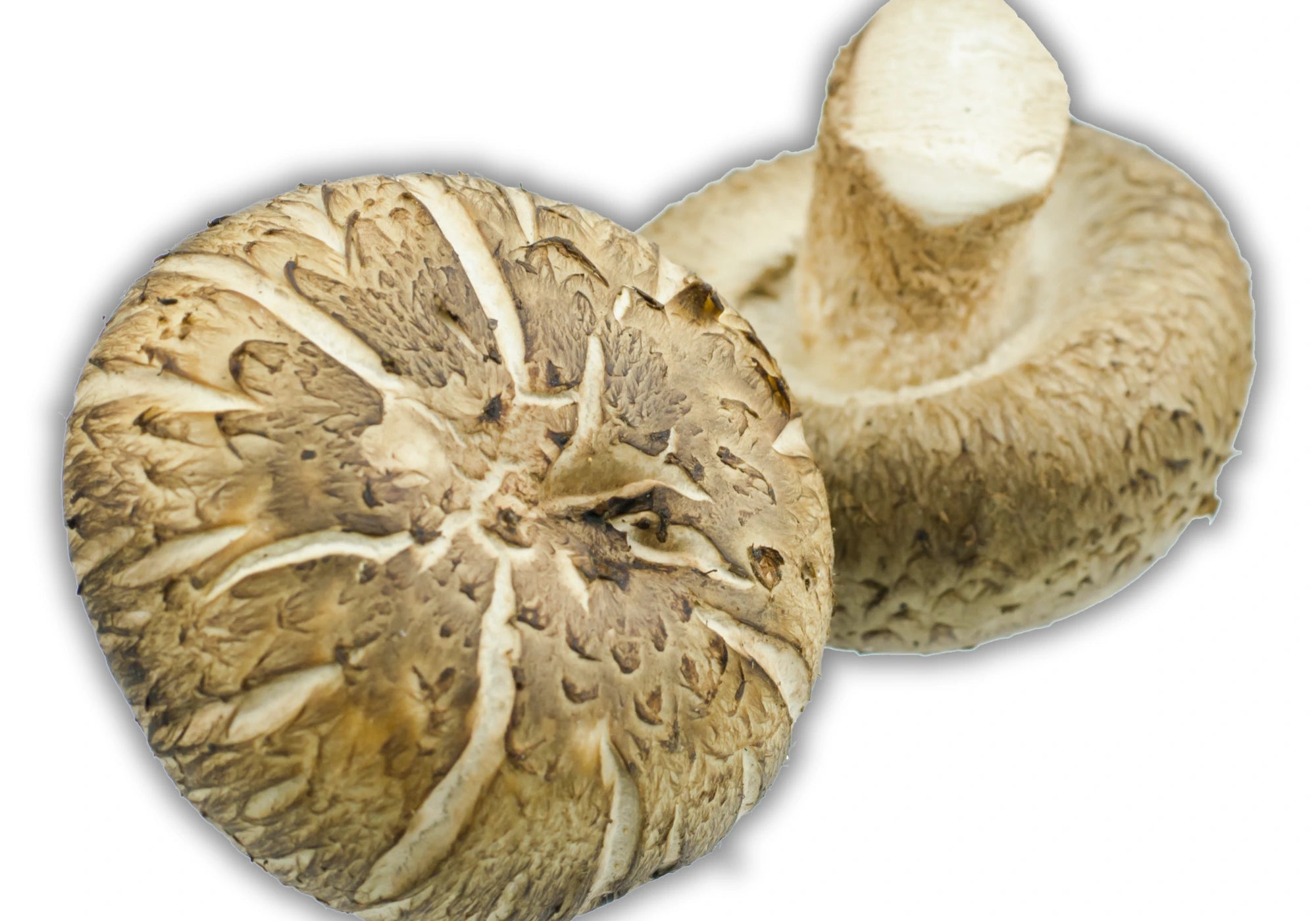
SHIITAKE CULTIVATION
Cultivating shiitake, an esteemed medicinal mushroom with Asian roots, has become a widespread practice globally. Initially confined to Eastern countries, the cultivation has now expanded to Australia, Europe and the USA, meeting the surging demand for this beneficial fungus. Notably, the Shiitake industry in Japan stands out for contributing to forest conservation while continuously expanding to meet market needs.
Shiitake's natural habitat involves thriving on decaying wood from deciduous trees like chestnut, oak, maple, beech, poplar, and mulberry. Flourishing in warm and humid climates, it grows in clusters.
In commercial Shiitake cultivation, a prevalent method involves the growth of the mushrooms on either miniature logs or substrate bags filled with supplemented sawdust. Miniature logs, typically made from a combination of hardwood materials, serve as a substrate for Shiitake mycelium to colonize and develop into mature fruiting bodies. Alternatively, substrate bags contain a mixture of sawdust, often supplemented with nutrients to enhance mushroom growth. This controlled environment provides optimal conditions for Shiitake cultivation, ensuring efficient and consistent production for commercial purposes. The use of these methods contributes to the scalability and sustainability of Shiitake mushroom cultivation in the commercial sector.
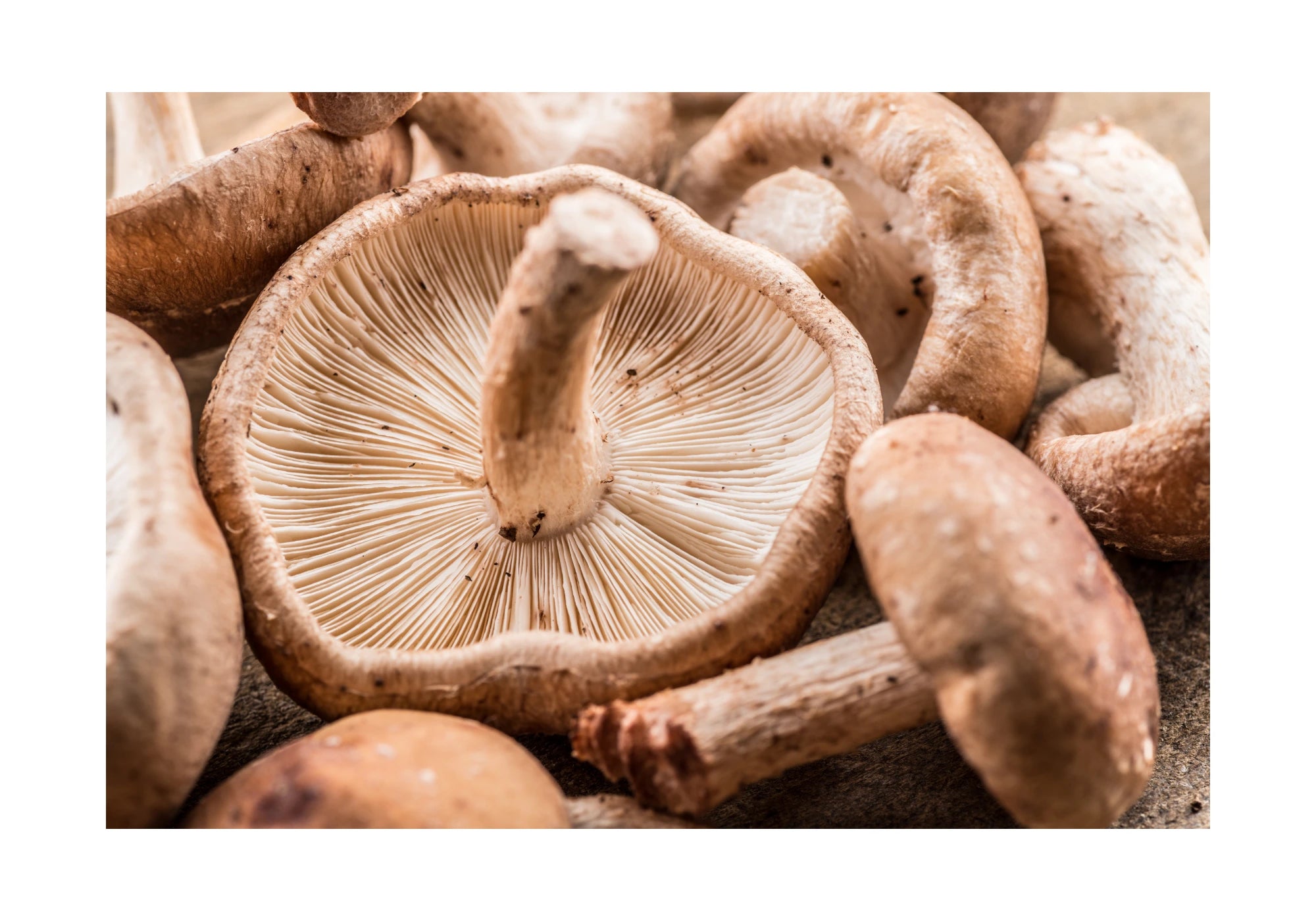
TASTY AND NUTRITIOUS
Including Shiitake mushrooms in your daily routine provides a tasty and nutritious way to support overall health. Packed with essential nutrients and bioactive compounds, Shiitake mushrooms offer benefits for immune function, cardiovascular health, and metabolic well-being, making them a versatile and enjoyable addition to your wellness routine.

